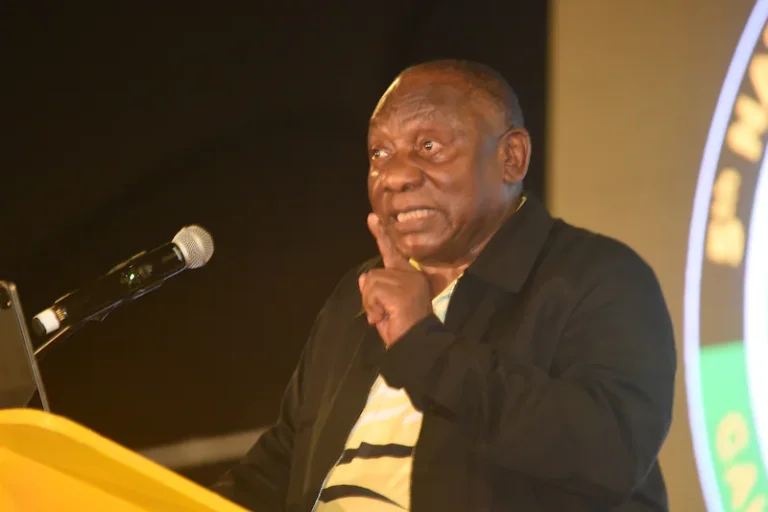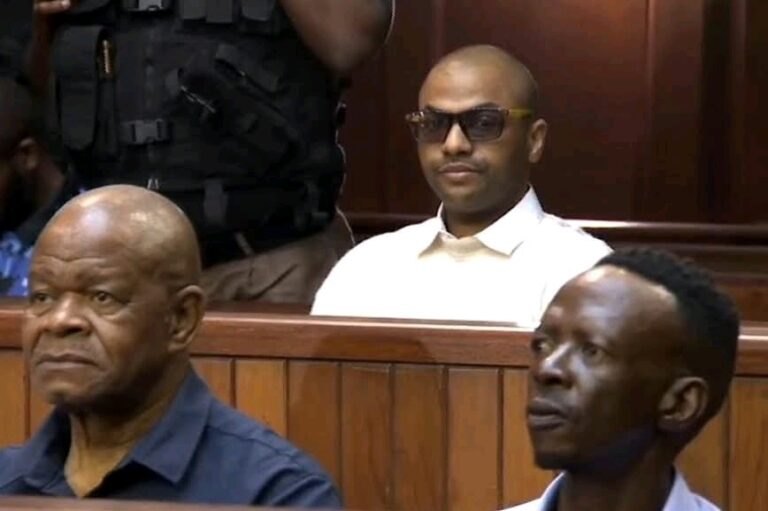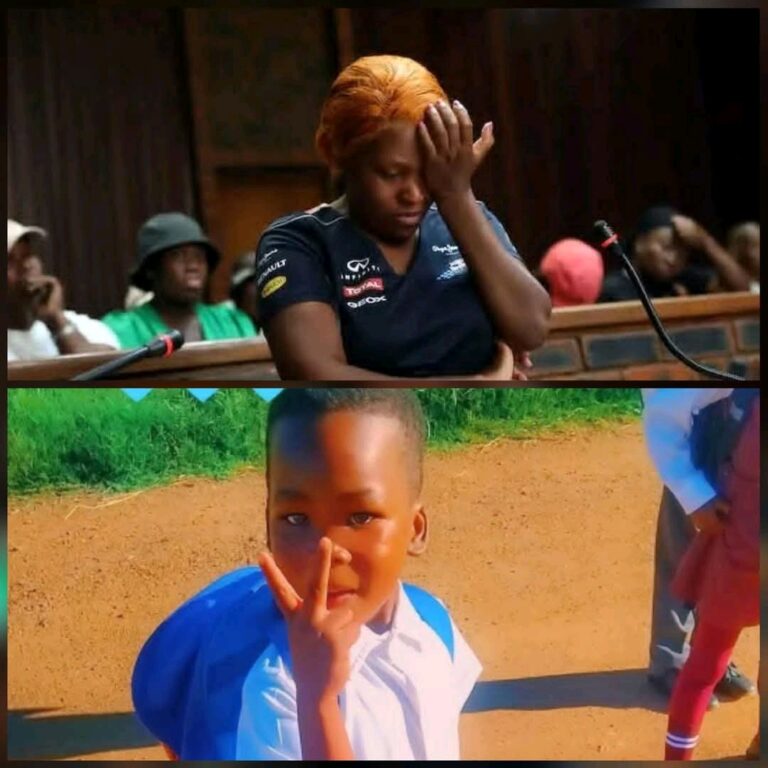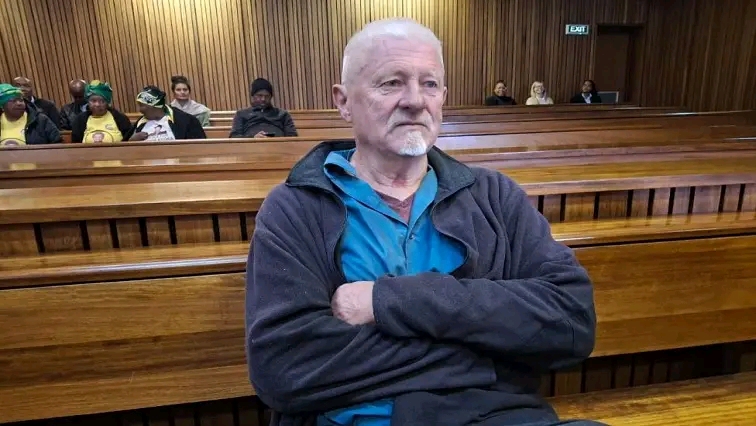
Pretoria — Justice has finally caught up with Johan Marais, a former apartheid-era police officer, who has been sentenced to 15 years in prison for the 1987 murder of student activist Caiphus Nyoka. The sentencing took place at the High Court in Pretoria on July 10, 2025, bringing closure to a case that had long symbolised the brutal tactics used by the apartheid regime to silence political dissent.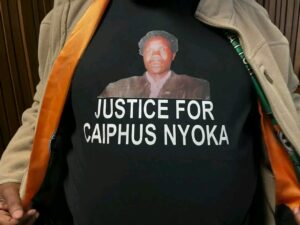
Marais, the former leader of the infamous Reaction Unit 6, was convicted of premeditated murder for his role in the cold-blooded killing of Nyoka. The court heard how Marais and his co-accused, acting on orders from certain members of the security branch under then-commanding officer Leon Louis van den Berg, carried out a planned attack on Nyoka’s home. Van den Berg is being charged in a separate case.
In August 1987, during the height of apartheid resistance, Nyoka, known for his fearless activism and opposition to the regime’s oppressive laws, was ambushed while asleep. He was shot several times in his own home, while only partially clothed. The manner of the attack highlighted the brutality with which the apartheid police operated, often targeting individuals who dared to speak out against injustice.
Despite the gruesome nature of the crime, Marais pleaded for a non-custodial sentence during the trial, claiming he had acted under orders and that too much time had passed. However, the court rejected this request, siding with the state’s firm stance that justice should not be diminished by the passage of time.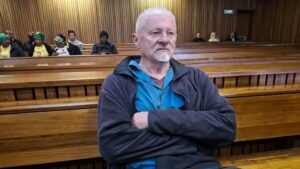
National Prosecuting Authority (NPA) spokesperson Lumka Mahanjana welcomed the sentence, saying it was a necessary step towards justice for apartheid-era crimes that were often ignored or buried in the past.
“At the time of his death in August 1987, Caiphus Nyoka was a committed student activist, passionately opposed to the apartheid regime,” said Mahanjana. “His murder was not only unlawful but part of a larger effort to suppress political activism through fear and violence. The fact that Marais and his accomplices attacked him while he slept speaks volumes about the cowardly and calculated nature of their actions.”
The case has reignited discussions around accountability for apartheid-era crimes. Many families of victims have waited decades for justice, and this sentencing may set a precedent for similar prosecutions going forward.
While Marais’ co-perpetrators were not sentenced alongside him in this case, legal proceedings are reportedly underway for their involvement. Advocacy groups have continued to call for further investigations into other unresolved cases from the apartheid era.
As South Africa continues to grapple with the legacies of its past, the sentencing of Johan Marais stands as a reminder that justice, even if delayed, remains vital for national healing.


